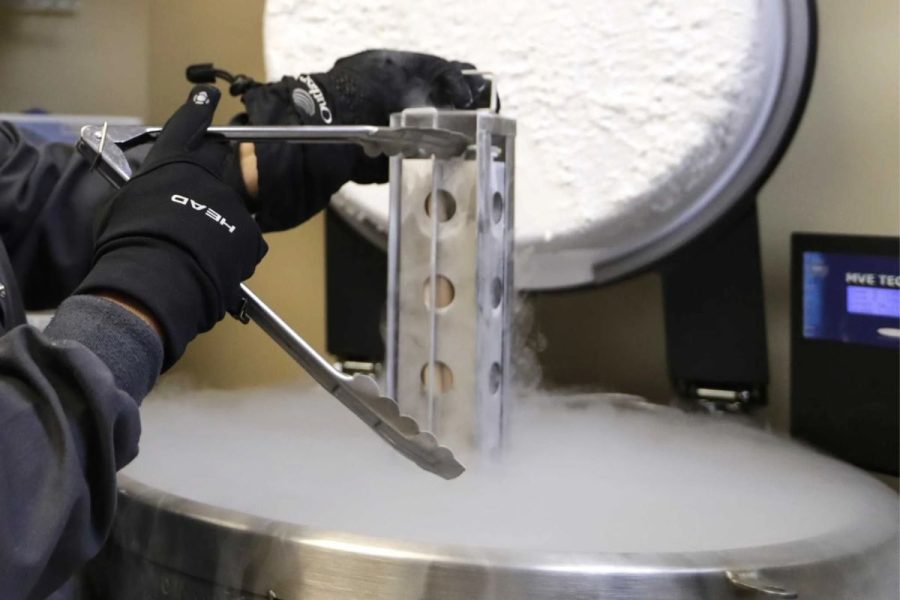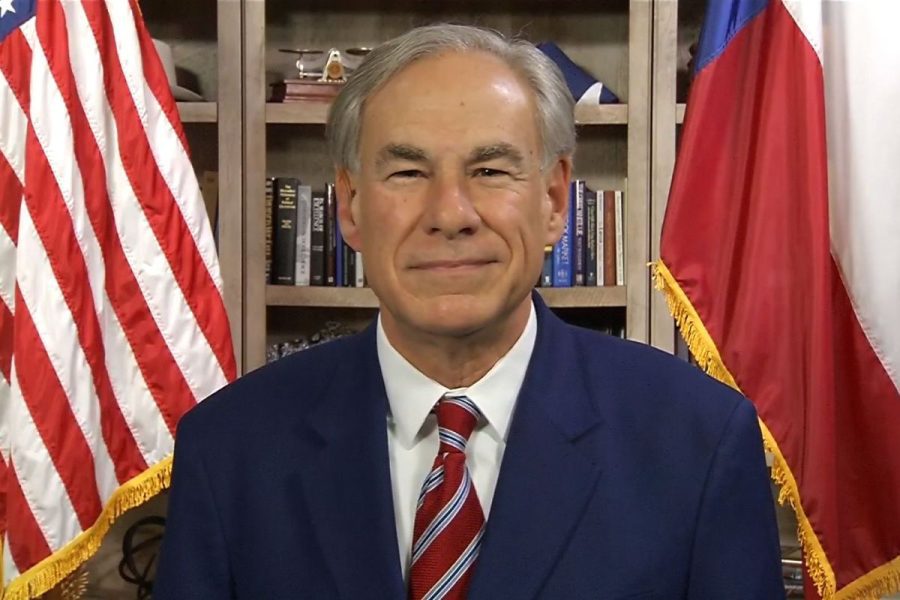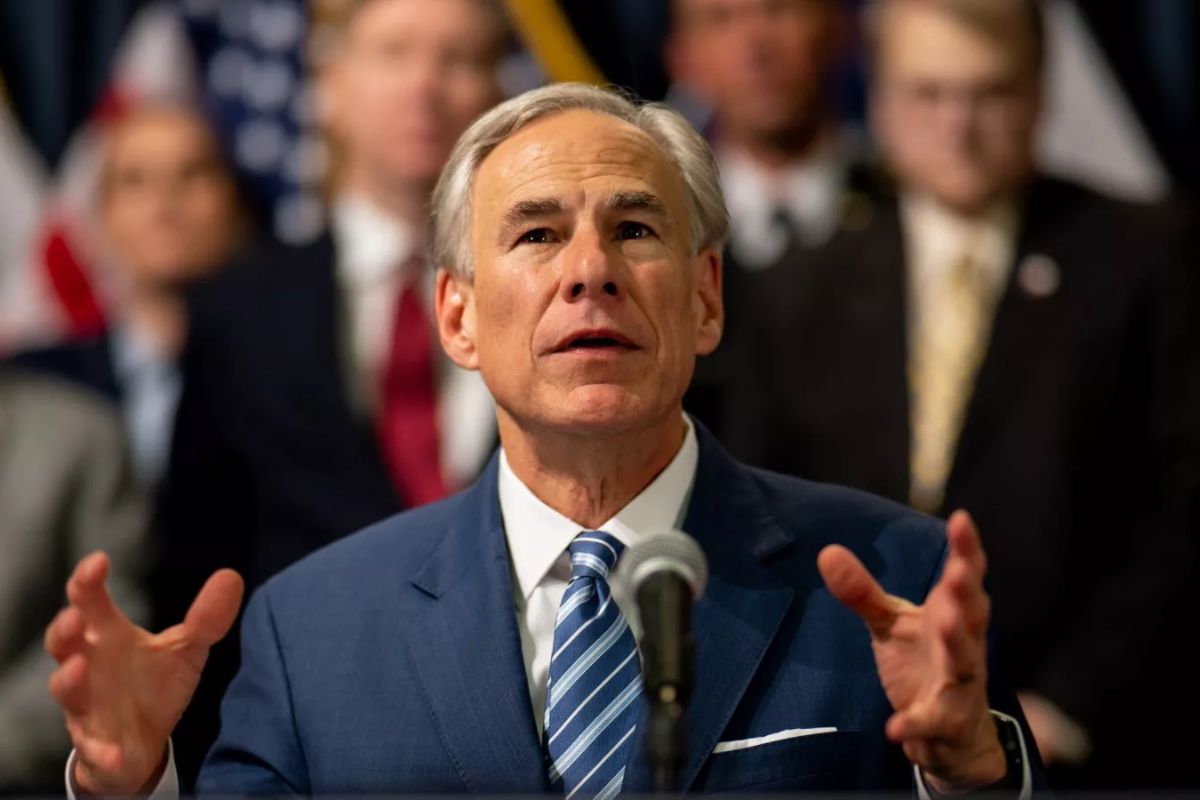Abbott Bold IVF Defense Sparks Controversy: The recent developments surrounding IVF regulations in Texas, particularly Governor Abbott’s unwavering stance amidst the controversial Alabama Supreme Court ruling, have sparked intense scrutiny and debate.
While Abbott’s firmness on the issue appears resolute on the surface, deeper examination reveals complexities that raise critical questions about the true extent of protection and support for reproductive rights in the state.
As various stakeholders weigh in on the implications of these decisions, it becomes increasingly apparent that the intersection of political, ethical, and legal considerations in this realm may require a more nuanced evaluation.
The Alabama Supreme Court’s Unprecedented Ruling
The Alabama Supreme Court’s landmark ruling on the fertility clinic incident in Mobile, Ala., has sparked intense scrutiny and debate within legal circles nationwide. This unprecedented ruling has brought to light complex ethical and legal issues surrounding the destruction of frozen embryos in the clinic’s nursery. The court’s decision to hear the case has raised questions about the rights of individuals regarding reproductive technologies and the implications of such incidents on the broader legal landscape.
Legal experts are closely analyzing the court’s reasoning and its potential impact on future cases involving similar circumstances. The ruling has prompted discussions on the need for clearer regulations and guidelines within the fertility clinic industry to prevent such incidents from occurring in the future. Additionally, the court’s decision has reignited debates on the status of frozen embryos and whether they should be considered property, persons, or something in between, further complicating an already contentious issue. As legal professionals the implications of this ruling, the broader implications for reproductive rights and responsibilities continue to be scrutinized.

ALSO READ: Top Health Official Alabama Visit Sparks Buzz After IVF Ruling”
Alabama Supreme Court’s Definitive Decision
Amid fervent legal discourse following the Alabama Supreme Court’s recent 8-1 decision categorizing frozen embryos as children, Chief Justice Tom Parker’s emphasis on the sanctity of life pre-birth has ignited profound debates on the far-reaching implications of this ruling.
The court’s definitive stance, invoking the state’s Wrongful Death of a Minor Act, marks a significant departure from traditional legal interpretations regarding the status of embryos. By equating these embryos to children, the court has raised complex ethical and legal questions surrounding issues such as IVF practices, parental rights, and the beginning of human life.
This decision has the potential to reshape existing laws and practices related to reproductive rights and fertility treatments not only in Alabama but also across the nation. Critics argue that this ruling may pave the way for further restrictions on reproductive technologies, while proponents applaud the court’s recognition of the inherent value of life at its earliest stages.
As the legal community grapples with the repercussions of this judgment, the ramifications are likely to extend well beyond the confines of this particular case.
Repercussions and Political Reactions
Given the Alabama Supreme Court’s recent decision equating frozen embryos to children, the implications for reproductive rights and political positions, notably among Republicans like former President Donald Trump and Texas Gov. Greg Abbott, are now surfacing in discussions on in vitro fertilization (IVF).
This ruling has forced some Republicans, who have traditionally supported restrictions on reproductive rights, to reassess their stance on IVF. Figures such as Trump and Abbott find themselves in a challenging position as they try to reconcile their anti-abortion views with the complexities of IVF.
The impact of the ruling is already being felt in Alabama, where certain IVF clinics have ceased operations, leading to a dilemma for both doctors and women seeking fertility treatments. The decision has sparked a broader debate within the Republican Party about the intersection of reproductive rights, IVF, and anti-abortion beliefs.
As politicians navigate these complexities, the future of IVF and reproductive rights remains uncertain in the face of such legal interpretations.

Broader Context of Reproductive Rights and Legislation
Within the landscape of reproductive rights and legislative frameworks, a profound shift in perspectives and policies is underway, revealing the intricate tapestry of ethical considerations and legal ramifications.
The recent Alabama high court ruling and the broader context of reproductive rights in the United States underscore the intense scrutiny and challenges faced in safeguarding individuals’ autonomy over their reproductive choices.
The Dobbs v. Jackson Women’s Health Organization case’s reversal of Roe v. Wade has emboldened states to enact restrictive abortion bans, leading to distressing scenarios like the denial of necessary medical procedures in cases of severe health risks.
These developments highlight the urgent need for a comprehensive and empathetic approach to reproductive legislation, one that acknowledges the complexities of pregnancy and the diverse circumstances in which individuals may seek reproductive healthcare.
As legislative decisions continue to shape the landscape of reproductive rights, the ethical and legal dimensions must be navigated with precision and sensitivity to uphold fundamental rights and promote equitable access to healthcare services.
News in Brief
“Alabama Supreme Court’s groundbreaking ruling categorizing frozen embryos as children sparks nationwide debate. Legal experts scrutinize implications on reproductive rights and IVF practices. Chief Justice Tom Parker’s emphasis on pre-birth sanctity raises ethical and legal questions. The decision prompts reassessment of IVF positions among Republicans, including former President Trump and Texas Gov. Abbott. IVF clinics in Alabama face closures, adding complexity to the intersection of anti-abortion beliefs and fertility treatments. The ruling, coupled with the Dobbs v. Jackson Women’s Health Organization case, underscores the evolving landscape of reproductive rights and legislative challenges. A comprehensive and empathetic approach is urged to navigate the complexities of reproductive legislation while upholding fundamental rights and ensuring equitable access to healthcare services.”
Our Reader’s Queries
What was Alabama ruling on IVF?
On February 16, the Alabama Supreme Court delivered a ruling with potential far-reaching consequences for healthcare. The decision states that embryos conceived through in vitro fertilization (IVF) are to be legally regarded as children. This development has prompted inquiries from doctors, patients, and politicians, all eager to understand the implications for the healthcare landscape.
Is IVF legal in Alabama?
The recent Alabama Supreme Court decision, treating embryos from in-vitro fertilization as legally protected children, sparked concern within medical circles. Presently, doctors are working to dispel misunderstandings surrounding the actual intricacies of the fertility procedure.
Does IVF freeze embryos?
Certain cases involve patients opting to freeze embryos rather than immediate implantation. This freezing process enables medical professionals to conduct vital genetic testing. This practice proves particularly significant for individuals pursuing IVF due to a family history of specific genetic conditions.
What religion allows IVF?
Although the Vatican doesn’t endorse assisted reproduction, various Protestant, Anglican, and other denominations may embrace and practice it.

